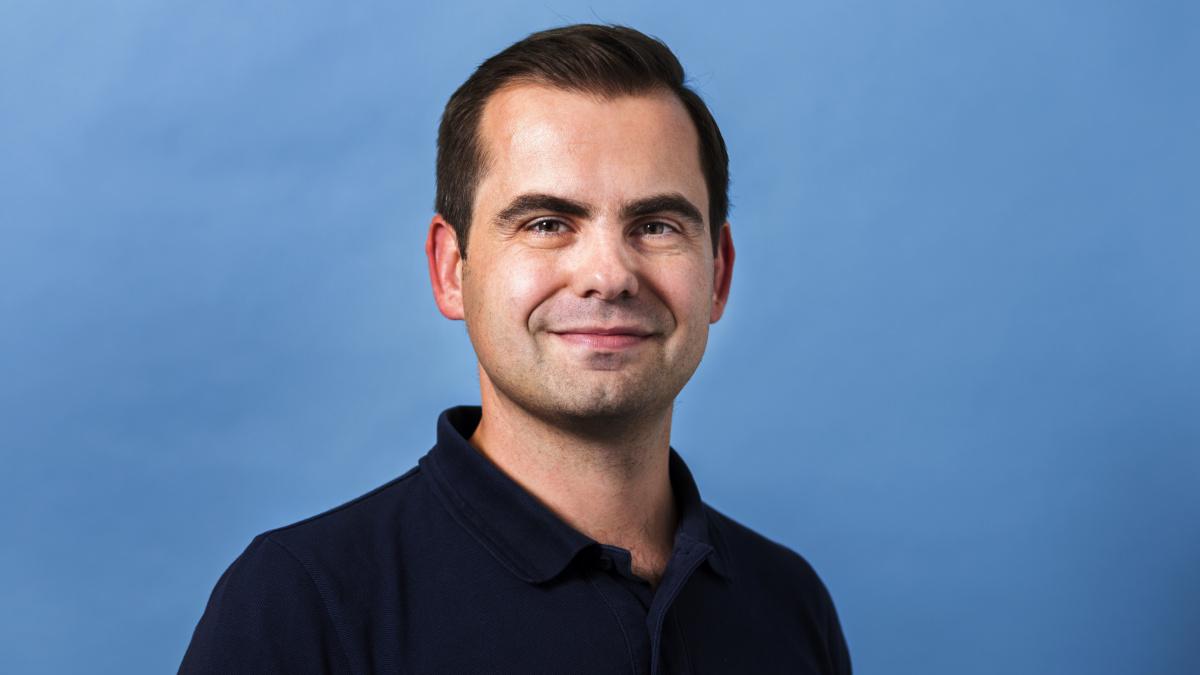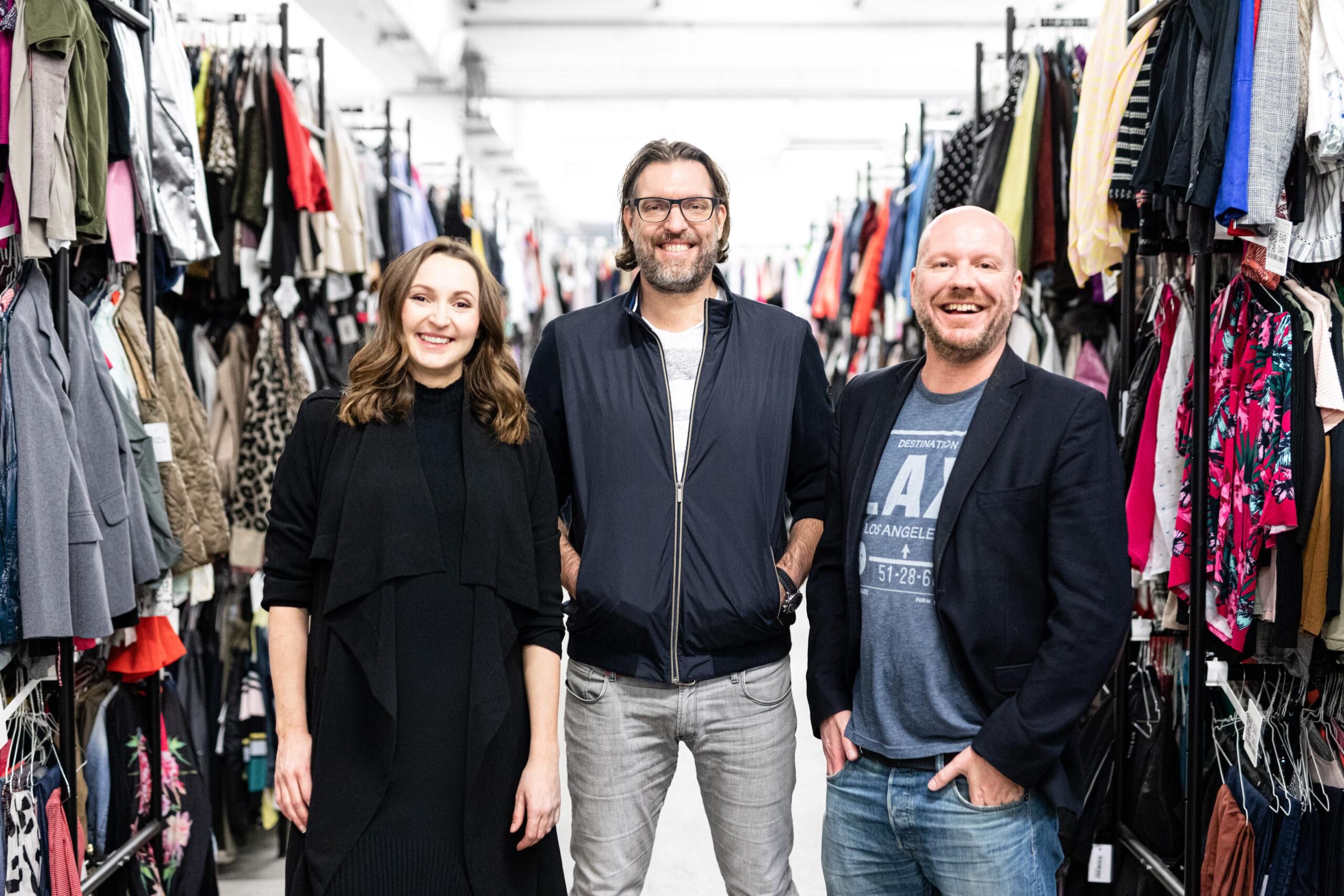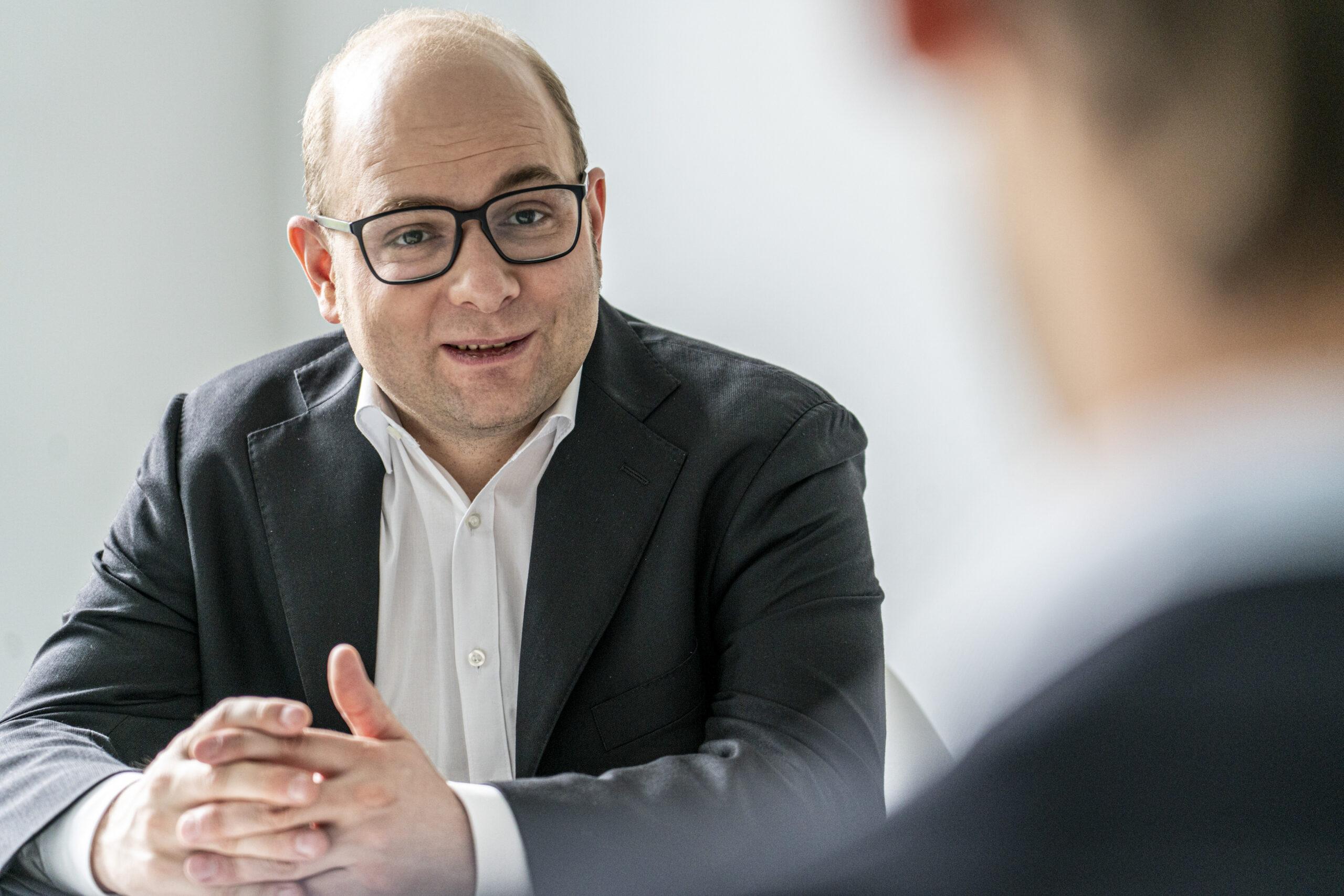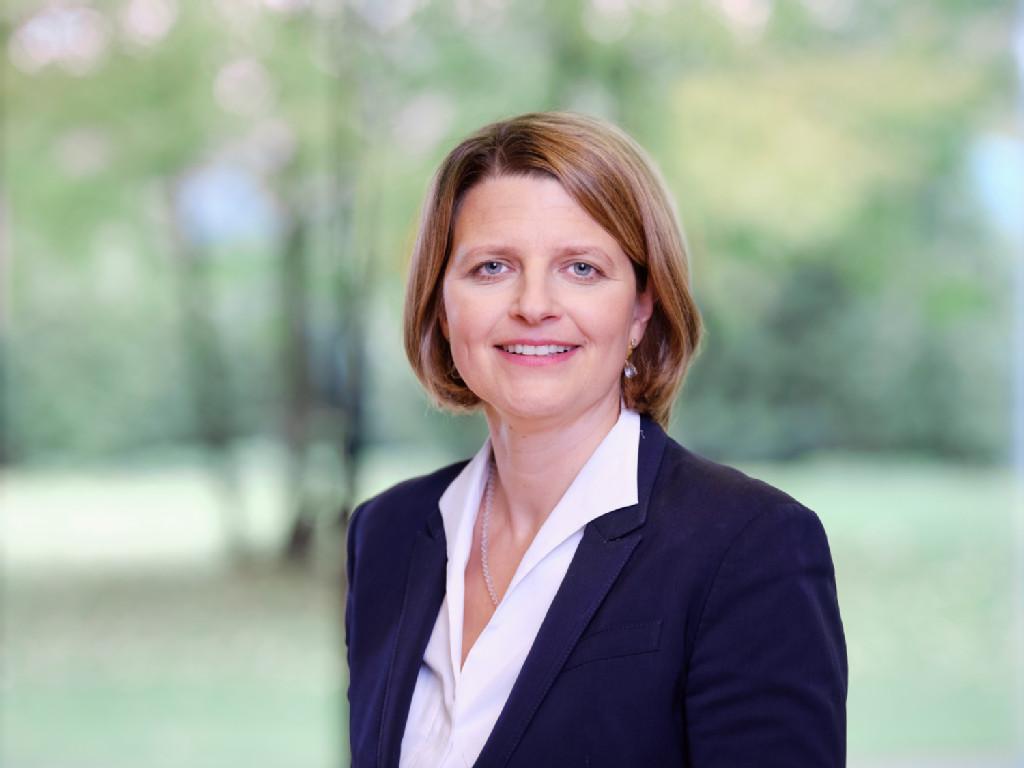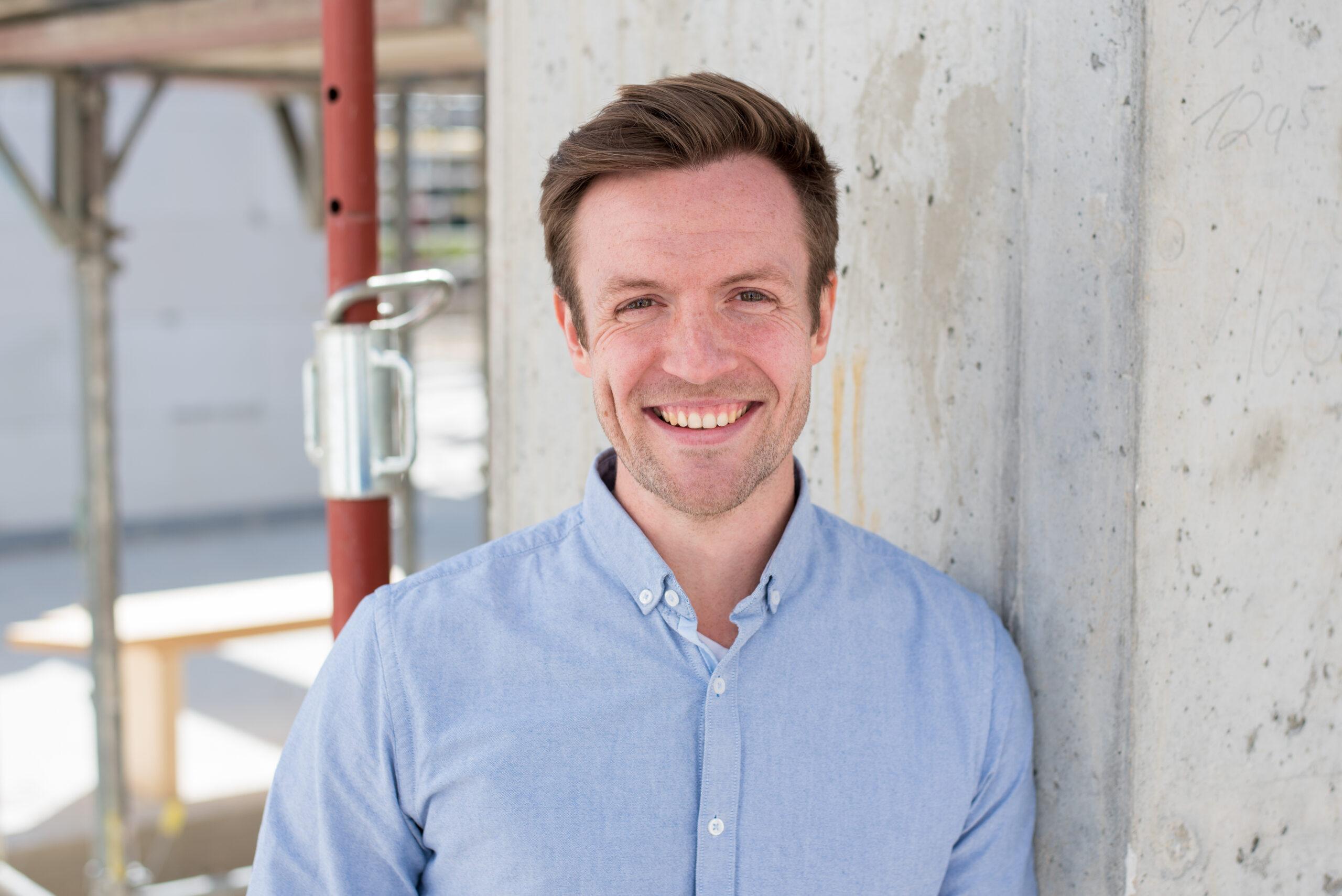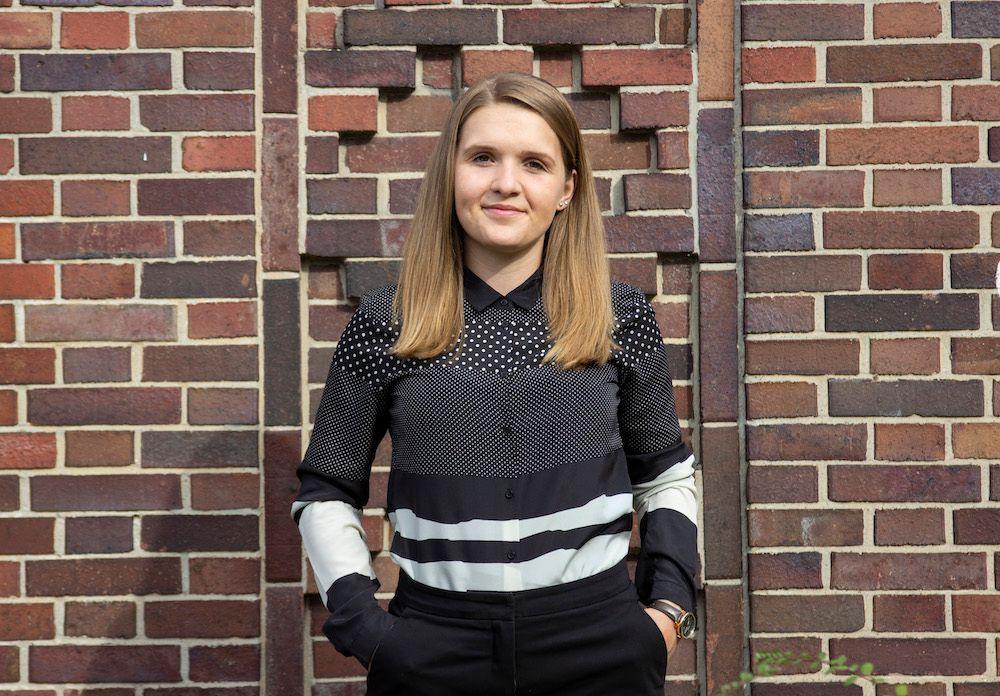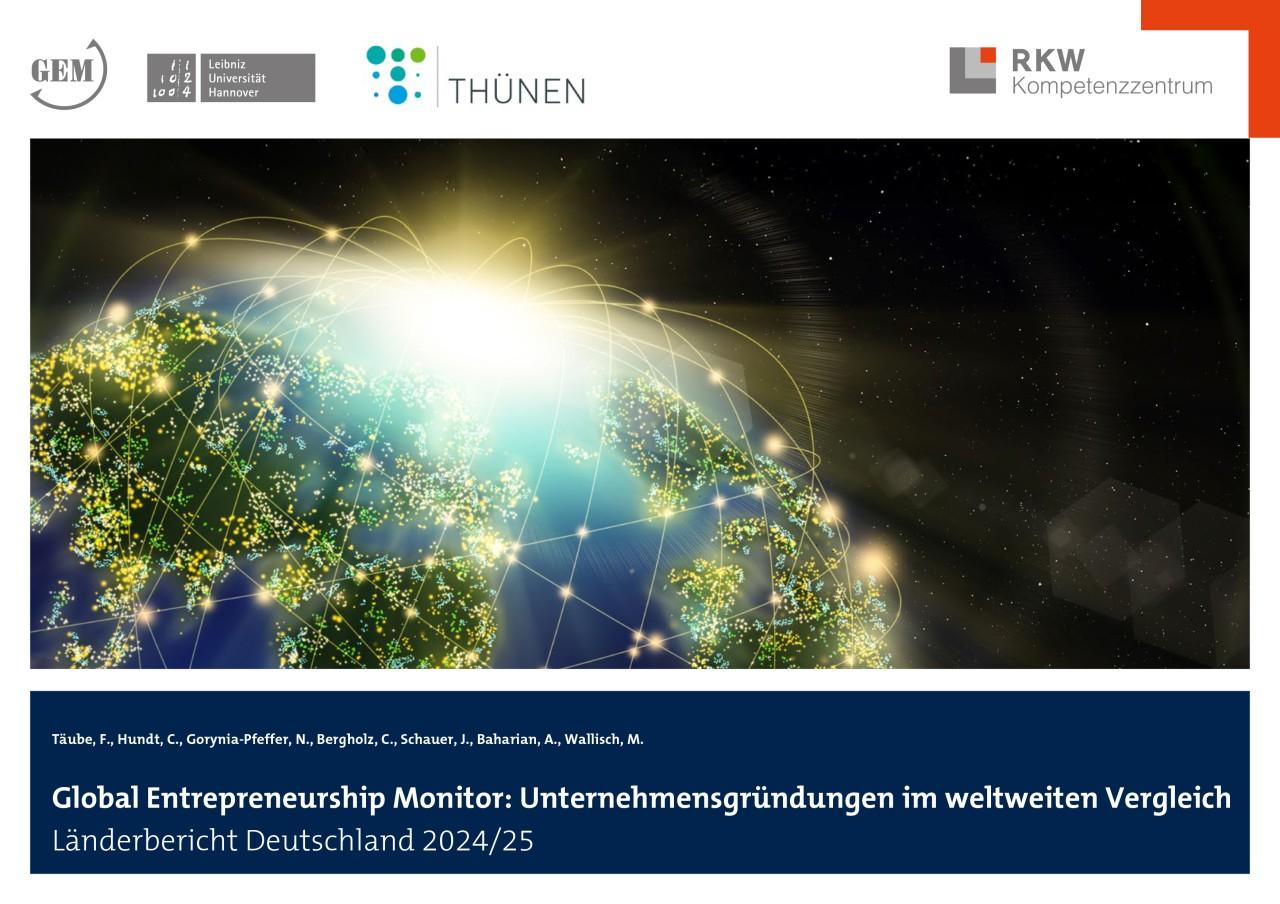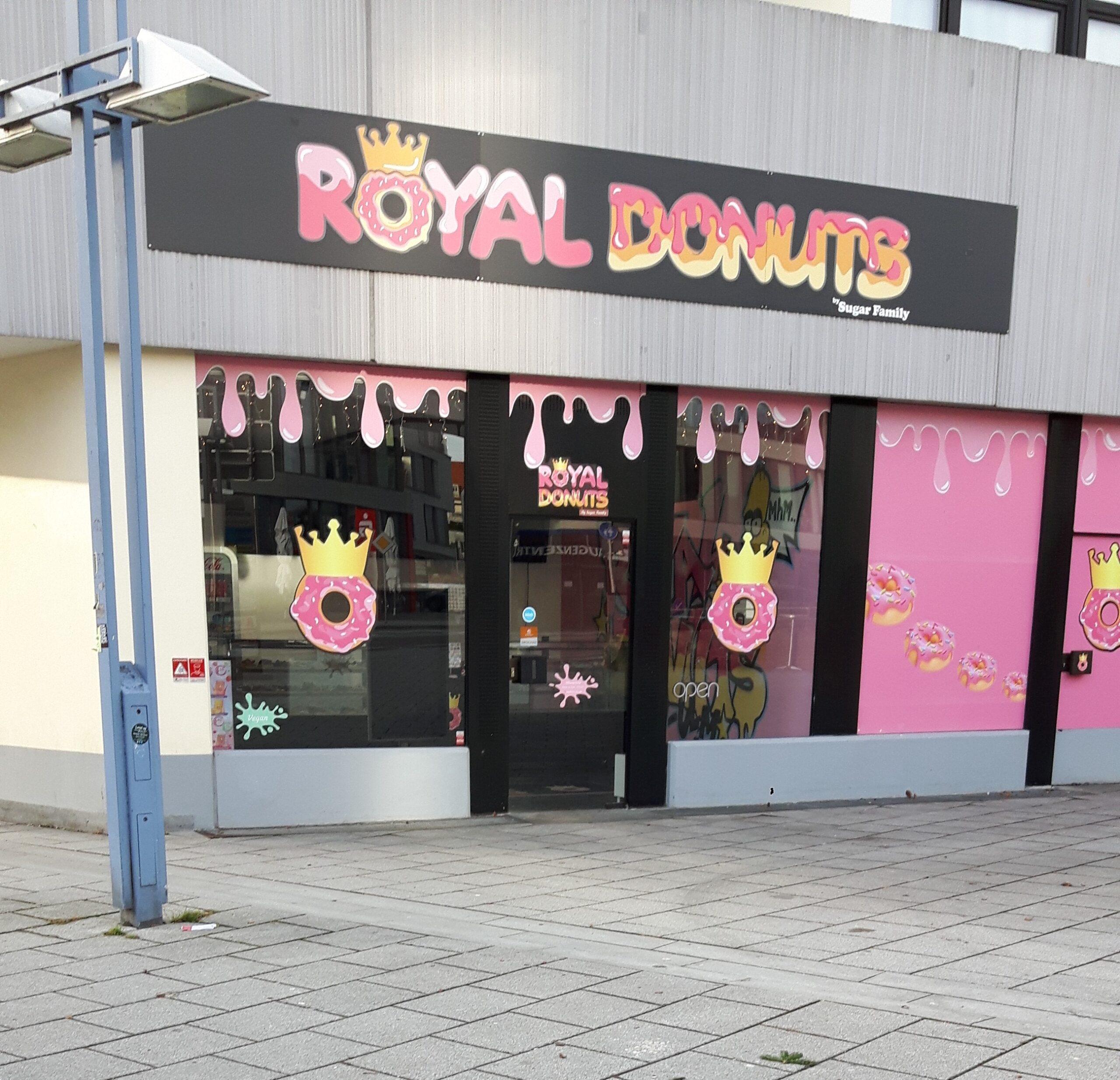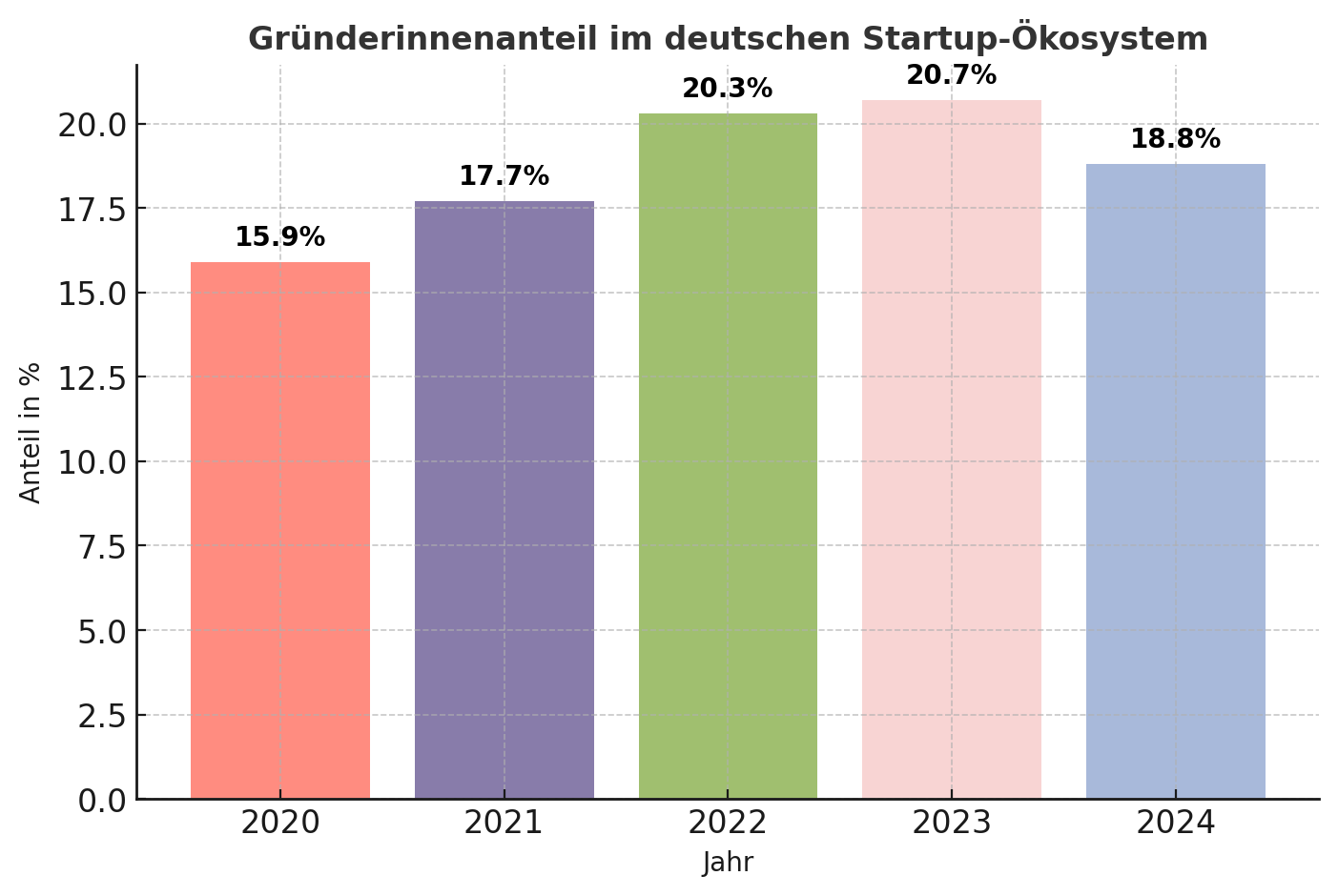Why Munich is so attractive for space start-ups
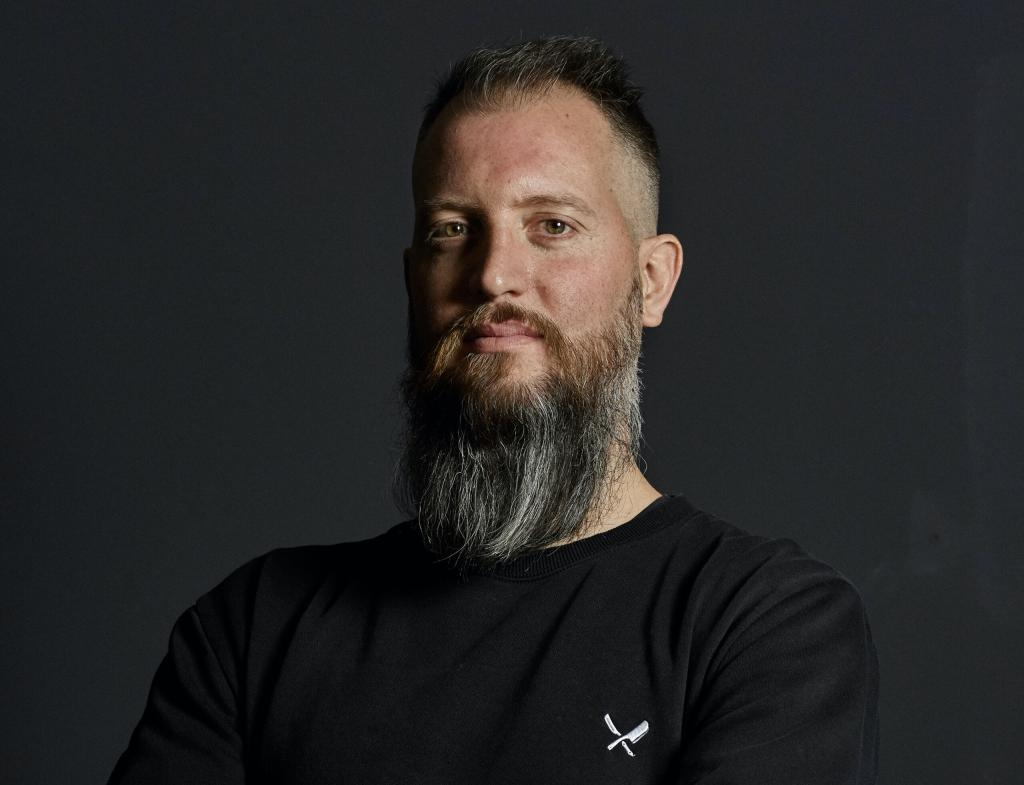
Many start-ups that are even remotely related to aerospace are setting up in Bavaria. There are good reasons for this, as the example of Reflex Aerospace shows.
When Markus Söder unveiled his big plans shortly before the state elections in 2018, there was much laughter. The portrait of the current Bavarian Minister President was emblazoned behind him on the stage, in blue on a black night sky, with a few stars twinkling around it. Markus Söder was determined to go into space, or at least he wanted to make Bavaria the most important location for anything that could fly.
Bavaria One was the name of the project that was to pump hundreds of millions of euros into the Bavarian aerospace sector in the coming years and for which "Space-Söder" had to take some criticism. Bavaria and space? Many did not get that together.
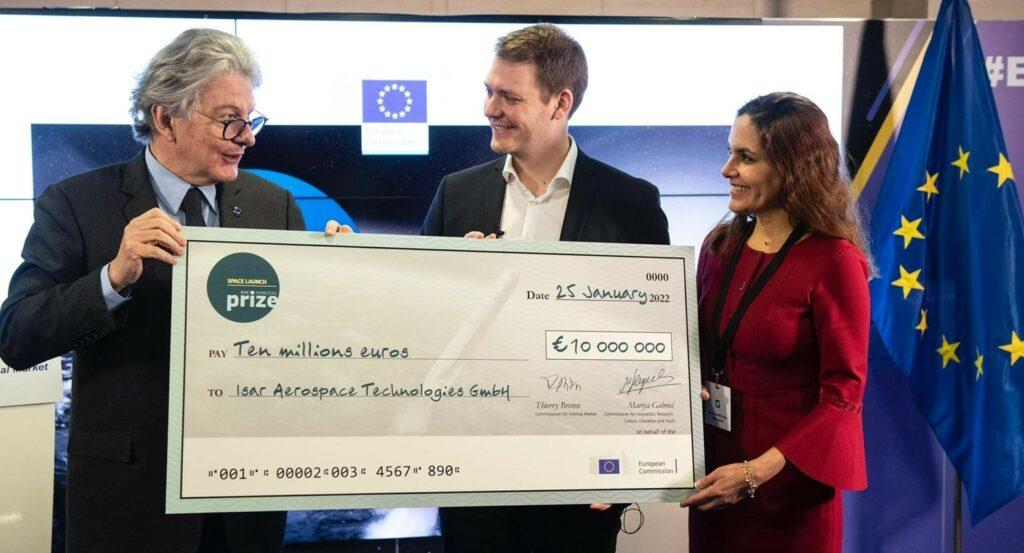
But if you look at the German or even the European aerospace scene today, there is no getting around Bavaria and Munich in particular. Large companies such as Airbus are based there, as are many start-ups. From the flagship company Isar Aerospace, which took its name from the river in Munich, to Dcubed, Kaskilo or Blackwave and the laser start-up Mynaric: they have all been drawn to the larger catchment area of Markus Söder. But why Bayner of all places, why Munich and not Berlin, Frankfurt or Cologne?
Bavaria promotes aerospace technology
Answers to these questions can be found by talking to Christian Lindener. He is the perfect hybrid of start-up founder and space manager. Lindener founded two start-ups himself years ago, later set up accelerators for Credit Suisse, among others, and most recently worked at Airbus. At the aerospace group, he most recently headed up the company's innovation department before joining Reflex Aerospace as a co-founder at the beginning of April.
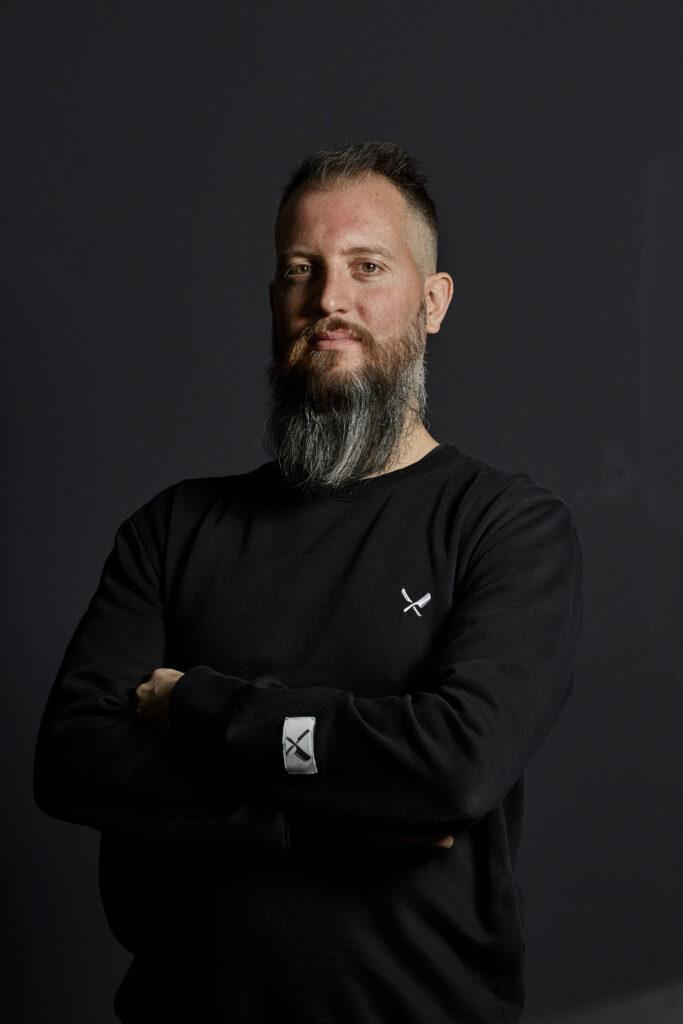
The start-up wants to build satellites in the weight class of around 150 kilograms in Germany and has already raised pre-seed funding of 1.5 million euros. The start-up is currently looking for a further twenty million euros in order to set up its own production facilities in Munich, as Lindener explains. His start-up shows why the location is so attractive.
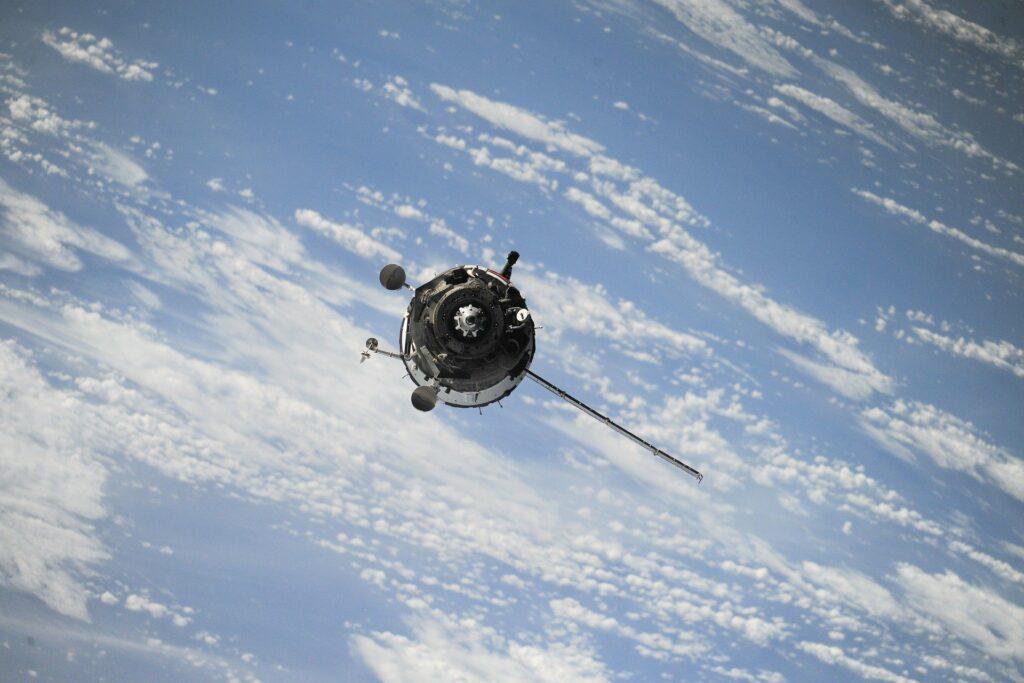
The founders have actually based Reflex Aerospace in Berlin, at least the software part. They have found the best developers from all over the world in the capital, but like many other start-ups in the aerospace sector, they want to produce in Munich and launch the first satellites into space as early as next year. "There is a clear division in the industry: software in Berlin, hardware in Munich," says Lindener. "This is of course due to the different conditions on site."
"We wouldn't be able to find enough employees in this area in Berlin"
Christian Lindener, Reflex Aerospace
One of the main reasons for the company to move to Munich is the business environment. Airbus is based in Taufkirchen near Munich, as are the global corporation's suppliers and other start-ups that have settled in the so-called Space Valley around the Bavarian capital in recent years. These include Blackwave, a start-up specializing in the production of carbon parts that Reflex Aerospace could also use for its satellites.
Also on site is a so-called "shaker" from the analysis company IABG. This company tests devices for space missions by simulating vibration, shock or acceleration, for example. "This is a super expensive device that we obviously can't buy ourselves," says Lindener. "What's more, every transportation route is a risk for a satellite. That's why it's great that they'll be sitting around the corner from us," says the co-founder of Reflex Aerospace.
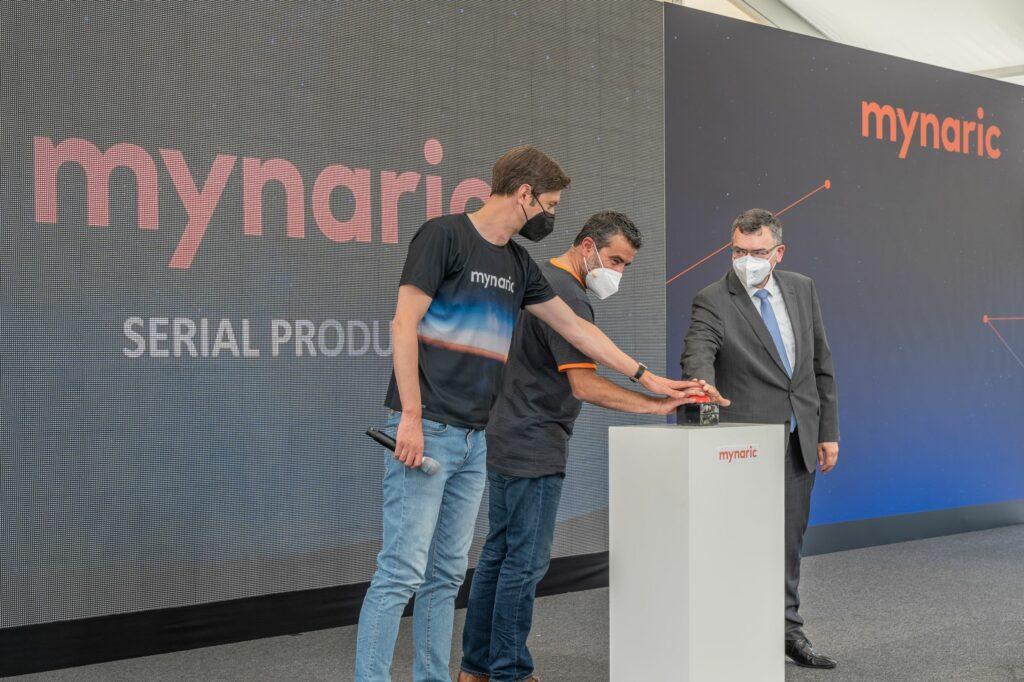
The high number of companies in the aerospace sector attracts many talented people to the region, mostly engineers, who are also needed at Reflex Aerospace. Start-ups such as Mynaric or Reflex Aerospace then recruit them from Airbus, BMW or other industrial companies, which would not be possible in Berlin. "We wouldn't be able to find enough employees in this area in Berlin," says Lindener.
The disadvantage: the young start-up from Munich also has to keep up with the salaries of DAX-listed corporations and established companies. For engineers, these are often around 160,000 euros a year, sometimes significantly more. In order to attract employees despite this, Reflex Aerospace offers the freedom of a start-up and options for shares in the young company and thus the opportunity to earn big money one day through an exit or partial sale.
The high quality of life and TUM attract talent to Munich
According to Lindener, another attraction for talent is the high quality of life in Munich. "There's not as much partying here as in Berlin, that's for sure, but the air is clean, there's the Isar river, the mountains on the doorstep and Italy and Austria right behind: That makes a big difference," says Lindener.
However, it is not so much the quality of life that attracts young people as the Technical University in Munich, which is one of the best in Europe and even the world. TUM does an outstanding job of promoting start-ups in particular. According to the Stifterverband's start-up radar, TUM optimally promotes the founding of start-ups and ranks first among German universities with 80 companies founded there every year.
"There's not as much partying here as in Berlin, that's for sure, but the air is clean, there's the Isar, the mountains on the doorstep and Italy and Austria right behind: That makes a big difference"
Christian Lindener, Reflex Aerospace about Munich as a location
For years, the university has also been focusing on aerospace and the Faculty of Aeronautics, Astronautics and Geodesy has even been given a huge campus in the south of Munich, including a subway connection. By 2030, 55 professorships are to be created there, thousands of students will study and conduct research every year and the faculty will become one of the most important on the continent.
Bavaria opens the funding pots - and attracts start-ups
The start-up Reflex Aerospace wants to rent up to 20,000 square meters around Munich and set up production for its own satellites there. In addition to the close connection to companies and the university's research focus, a third factor also played a role in this decision: money. Bavaria pumps many millions of euros into the promotion of aerospace companies every year because it sees this as a key technology for the future.
At Reflex Aerospace, they already receive half a million euros for smaller projects; if they build up production, the amount quickly shoots into the double-digit million range. "The funding is certainly also a reason for our decision," summarizes Lindener. And yet another start-up from the aerospace sector is coming to Bavaria. Score one for Söder.

Newsletter
Startups, stories and stats from the German startup ecosystem straight to your inbox. Subscribe with 2 clicks. Noice.
LinkedIn ConnectFYI: English edition available
Hello my friend, have you been stranded on the German edition of Startbase? At least your browser tells us, that you do not speak German - so maybe you would like to switch to the English edition instead?
FYI: Deutsche Edition verfügbar
Hallo mein Freund, du befindest dich auf der Englischen Edition der Startbase und laut deinem Browser sprichst du eigentlich auch Deutsch. Magst du die Sprache wechseln?









